Following The Film Stage’s collective top 50 films of 2022, as part of our year-end coverage, our contributors are sharing their personal top 10 lists.
Despite being a staunch believer in the idea that every year is a “great” year for [enter your art form of choice], I was getting a bit worried about this Top Ten Films of 2022 list in November. At that point the only film I was sure would end up staying was my current #1 because it was the only film I had thus far given a 10/10 or 9/10 to all year. So, was it finally coming to fruition that I would be the buzzkill declaring it a “bad” year for movies? Had I been sleepwalking through 2022 to the point of being numb to everything I consumed? Or had I just not seen the “great” ones quite yet?
I had confidence that the third possibility would prove true, but there had to be a little of the second option bleeding through too considering I usually have at least fifteen to twenty titles to whittle down from. That I was literally building this list from the ground up as I went through new screeners the last two months of the year was therefore a strange proposition. And yet it was exciting too: picking titles I anticipated enjoying only to know with certainty that they needed to be included once the end credits rolled. Some I had lazily missed earlier in the year. Some were just coming out now. Timing is everything.
The one truth I knew for sure was that it would ultimately prove a great year either way. All the 8/10 films that I was comfortable including just in case I couldn’t find the gems below are hardly slouches. So, while the quantity of so-called “top-tier” titles may have seemed smaller by comparison to past years, it wasn’t for a lack of trying. I bet I could watch a bunch of those “second-tier” titles again and find myself wishing I could bump them up in hindsight. That’s the beauty of art, after all. It hits differently every time you experience it because you too are different. I simply needed a bit more time to reach the level of excellence (relatively speaking) that cinema at-large has ultimately sustained for over a century.
Honorable mentions: Guillermo del Toro’s Pinocchio, Montana Story, Dinner in America, Ali & Ava, God’s Creatures
10. On the Count of Three (Jerrod Carmichael)
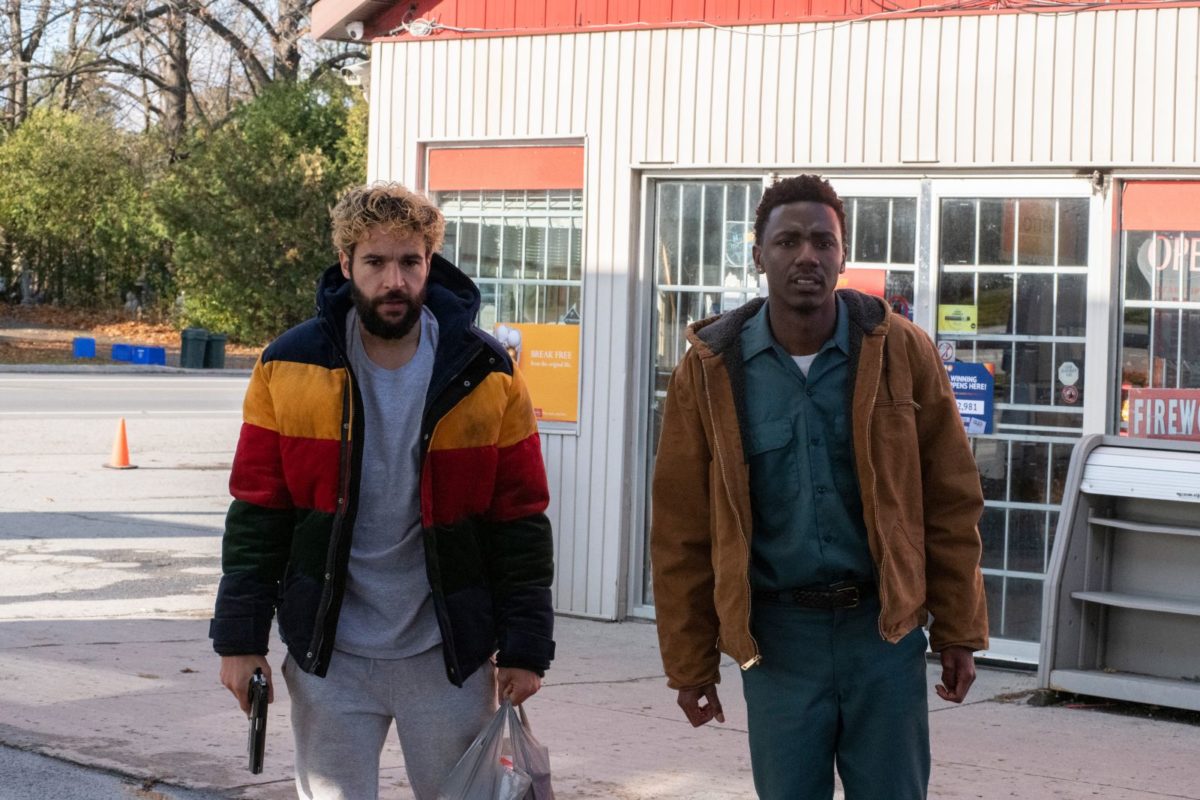
On the Count of Three is an eighty-six-minute melancholic, black comedy thrill ride wherein screenwriters Ari Katcher and Ryan Welch and director Jerrod Carmichael are constantly ratcheting up the tension for what seems like a perpetually postponed release. Because Val and Kevin are running full speed towards the unknown, reconciling their pasts via hindsight in a way that guarantees as much of a chance of following through with their double-suicide plan as throwing their guns away. Carmichael and Christopher Abbott bare their souls, the anguished suffering they’ve shared coming into focus to reveal the strength of their friendship and the love never received from those meant to be their protectors. It’s a wake-up call that’s unafraid to acknowledge the complexity of our unyielding existential terror.
9. All the Beauty and the Bloodshed (Laura Poitras)

Someone in Laura Poitras’ documentary All the Beauty and the Bloodshed explains how there’s so much happening inside a Nan Goldin photograph that she could change every image’s meaning simply by altering its position inside her famed slideshows. You could say the same about this film and its director’s ability to weave pieces of Goldin’s expansive life together to deliver important commentary on the politics of art, institutional complicity, and the responsibility mankind must shoulder to ever find itself at peace with the tragic truths of its past. This could have simply been a portrait of an artist or a spotlight on her activism against the Sackler family for spearheading the opioid crisis. It instead proves a forum for the voiceless to scream.
8. All Quiet on the Western Front (Edward Berger)
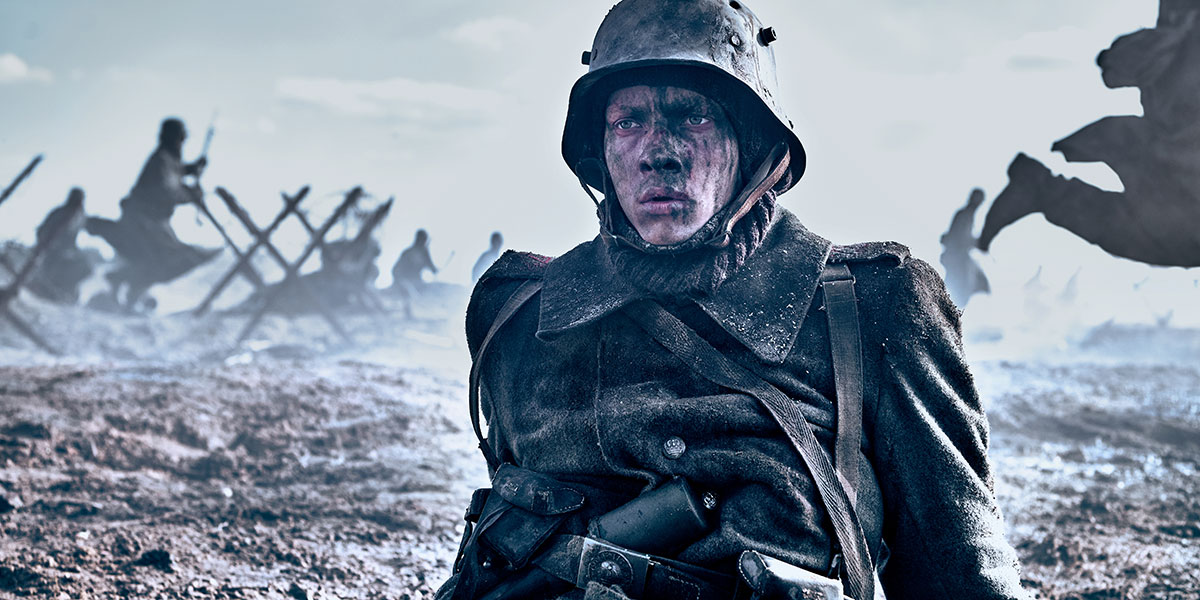
Erich Maria Remarque’s All Quiet on the Western Front was never about heroism or glorifying a fight that history proves did little beyond killing millions of young men en route to WWII. He sought to portray how war steals the souls of everyone who picks up a gun, regardless of fate. And Edward Berger honors that intent with zero sentimentality. Hope sometimes appears, but only to ready another descent into Hell. The carnage is relentless with every brief pause ultimately bringing violence of other kinds via emotional or psychological distress. And while the film’s craft is king, you must credit Felix Kammerer for holding the weight of its precision upon his shoulders to supply the humanity necessary to understand why we must bear witness.
7. After Yang (Kogonada)
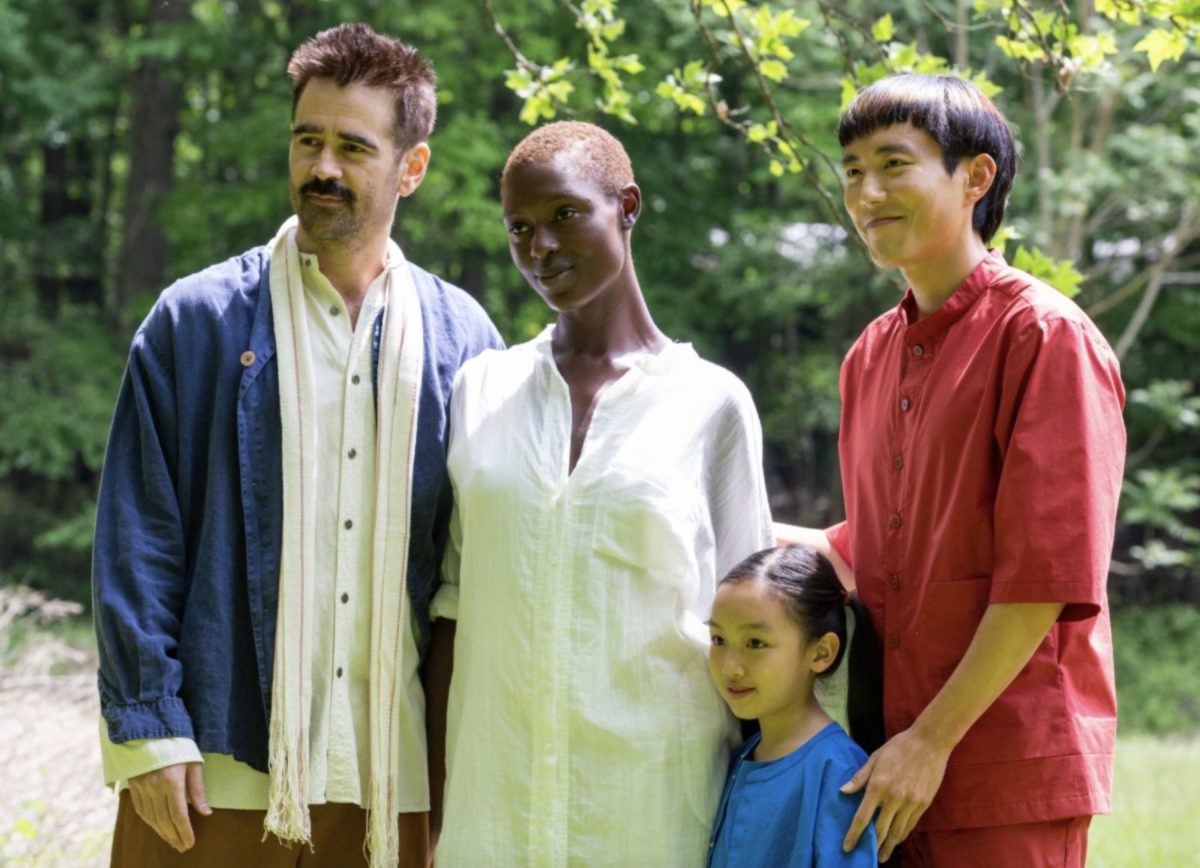
Kogonada’s After Yang is about second chances. Its sci-fi future’s inhabitants have seemingly sacrificed their pasts and presents for progress, forgetting to acknowledge the gifts delivered along the way. Like love without constraint—portrayed via recorded memories of a synthetic being dismissed as the product of programmed directives. What transpires is an inspirational and often heartbreaking journey through shared and forgotten history that asks us to think about what it means to be alive. We (alongside the year’s finest Colin Farrell performance) travel through an ephemeral landscape of sensory touchstones that moves beyond dialogue or action to the unexplainable. These vignettes remind him about everything he’s taken for granted, showing him that it’s never too late to change.
6. God’s Country (Julian Higgins)
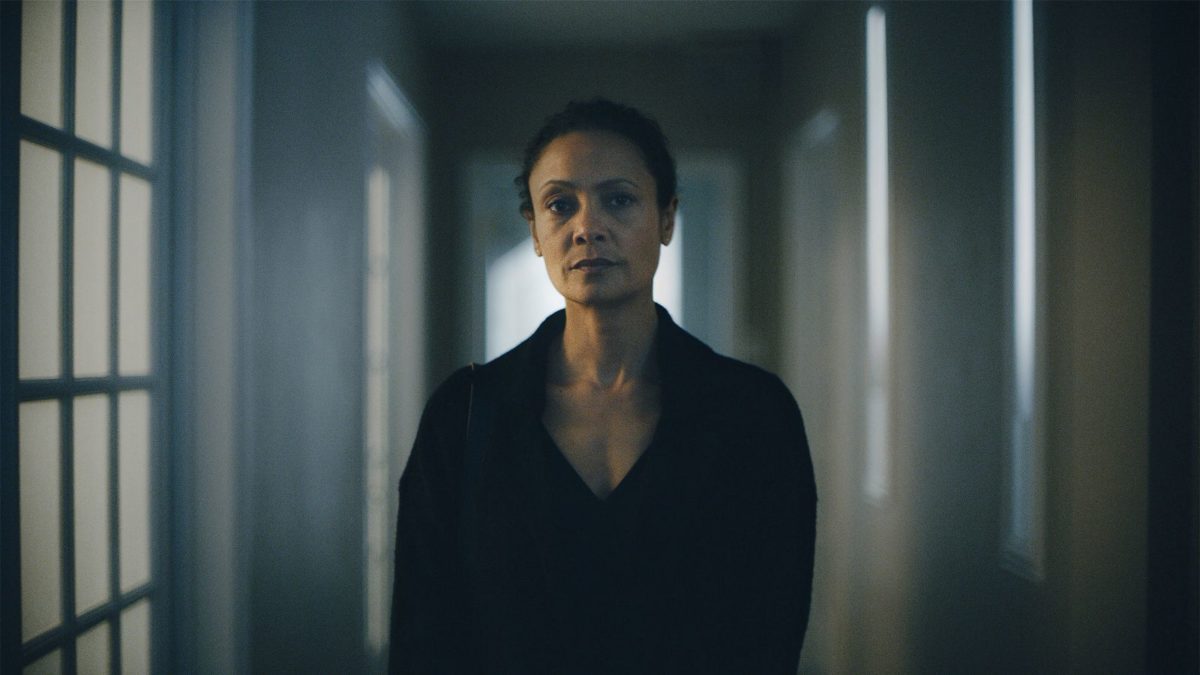
As Sandra (an Oscar-worthy Thandiwe Newton) explains to Nathan (Joris Jarsky) about halfway through Julian Higgins’ God’s Country, common ground demands sacrifice. But one can only keep sacrificing him/herself so often before the moment arrives for the other side to finally understand the suffering that results. Because once the world grows indifferent to the rules that are meant to protect the less fortunate, civility and reason die. It becomes about power—one that’s generally unearned and indignant. Words therefore become meaningless without action. Inert without violence. Verbal. Psychological. Emotional. Physical. By the end, violence is the only language we have left. And, eventually, we find ourselves numb to even that.
5. Athena (Romain Gavras)
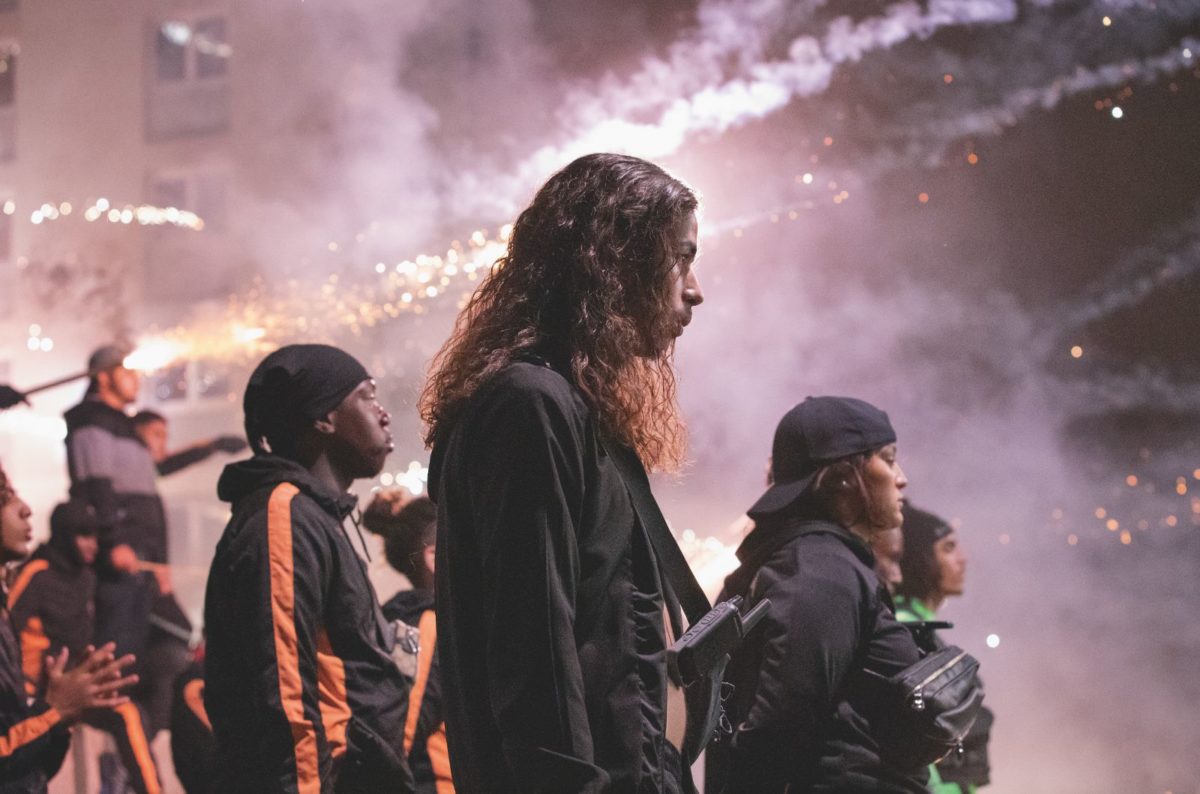
Romain Gavras’ audaciously nihilistic Athena is a film for today’s fracturing political climate: a Greek tragedy sparked by a desperate Arab family with combative allegiances against an oppressive police force quick to dismiss any act of protest as an act of aggression. Where so many films choose a side that serves their agenda, Gavras simply depicts the ease at which the world burns. With long takes, extreme close-ups, and handheld camerawork, we’re dropped into this fight to witness the intensity and knee-jerk reactionary impulses that risk mankind’s demise. We watch as the collective anger on-screen opens everyone up to external manipulation in anarchy’s name once emotion overpowers reason—puppets blinded by the delusion that they’re in control.
4. Decision to Leave (Park Chan-wook)
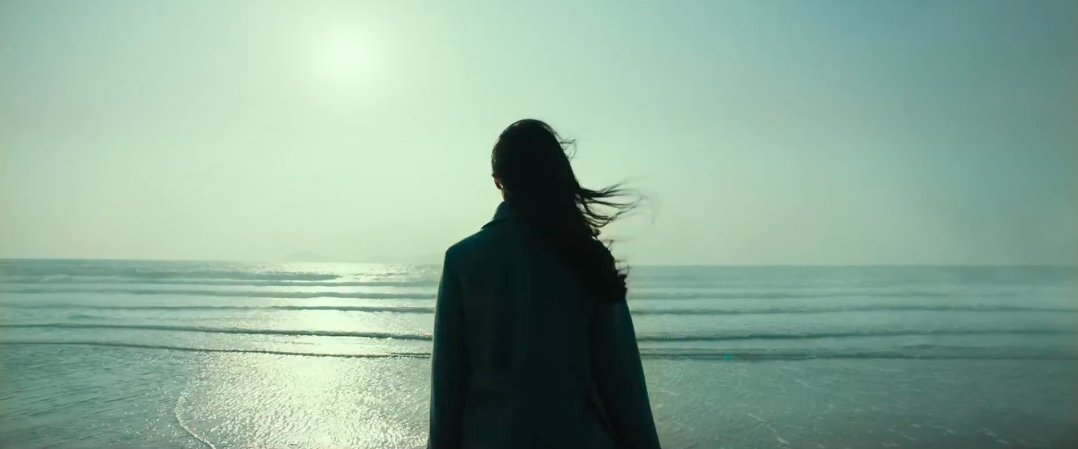
Park Chan-wook and co-writer Jeong Seo-kyung’s Decision to Leave marries its crime thriller and romance sensibilities together so that death is rendered a catalyst for love. The feelings between Park Hae-il’s detective Hae-joon and Tang Wei’s widow Seo-rae are obvious yet unspoken, consummated by chapstick and sushi, voice notes and inside jokes. They become too big to function, forcing them to refuse desire and avoid destroying everything else they have in the wake of the crimes at their foundation. The demise of their happily-ever-after leaves them incomplete despite it only having ever existed in the abstract. Because they shouldn’t work. They can’t work. Yet fate tragically provides a second chance to risk everything and be reminded why.
3. Women Talking (Sarah Polley)
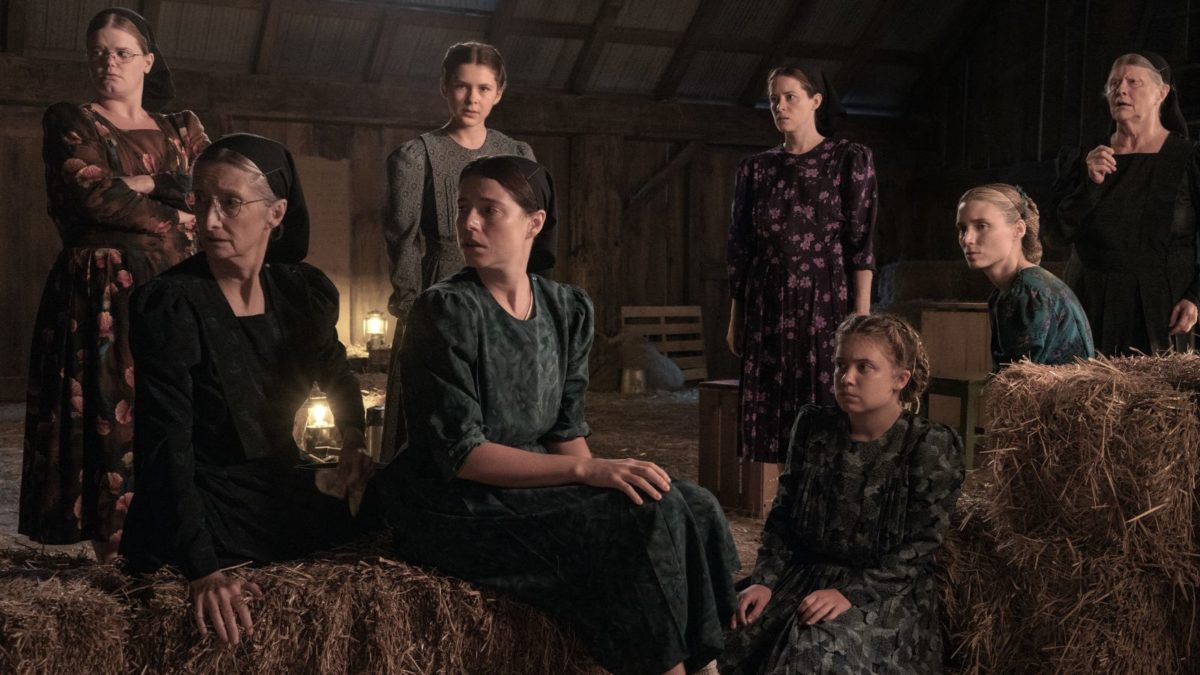
While the events of Sarah Polley’s adaptation of Miriam Toews’ novel Women Talking are fictional, they are most assuredly based on horrifying truth (the widespread rape and subsequent gaslighting in God’s name of an insular Mennonite community’s women). It’s explained that despite being illiterate, these women quickly learn how to vote to decide whether to forgive, fight, or escape. What follows is an intellectual and emotional exercise buoyed by indignation, introspection, and humor with stunning performances led by Claire Foy, Jessie Buckley, Judith Ivey, and Sheila McCarthy. It’s a reckoning—a rebellious cry replacing the prison of their silence with tears of sadness for what must be left behind and joy for what the future holds.
2. Aftersun (Charlotte Wells)

While Charlotte Wells’ feature debut Aftersun plays like a happy recollection at the start, it’s not long before cracks begin to show—the details of which are left unspoken via a formally fluid, sensorial experience. She doesn’t therefore overtly tell us what happens after Sophie returns home from this father-daughter vacation in Turkey. Wells simply leaves clues via home movies, ephemera, and an increasingly disjointed sense of linear space and time. All we really know for certain is that their love for each other was undeniable because Paul Mescal and Frankie Corio’s unforgettably vulnerable performances ensure it. But as so many of us have figured out from our own tragic lives, love isn’t always enough.
1. Everything Everywhere All at Once (Daniel Kwan & Daniel Scheinert)
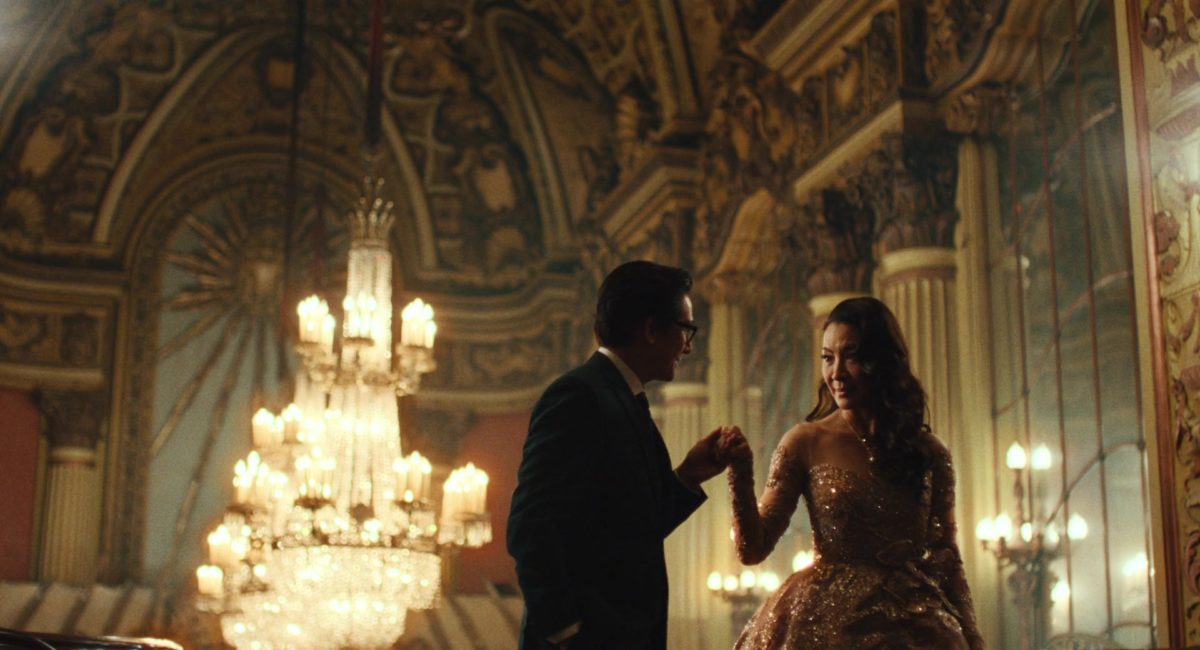
The Daniels use humor as our entry point into the quantum physics behind Everything Everywhere All at Once, visualizing their gimmick as a Dadaist adventure through the multiverse that renders explanation moot as propulsion and distraction sweep us aboard before the heart at its core can be unleashed. Their high concept narrative and miraculously executed special effects ensure the journey towards potential bliss is paved with authentic and universal suffering since any fairy tale conclusion the embattled Wang family earns (Michelle Yeoh, Ke Huy Quan, Stephanie Hsu, and James Hong are brilliant) will inevitably come with scars. Because they remind them the fight wasn’t to survive alone. It was to heal together.
